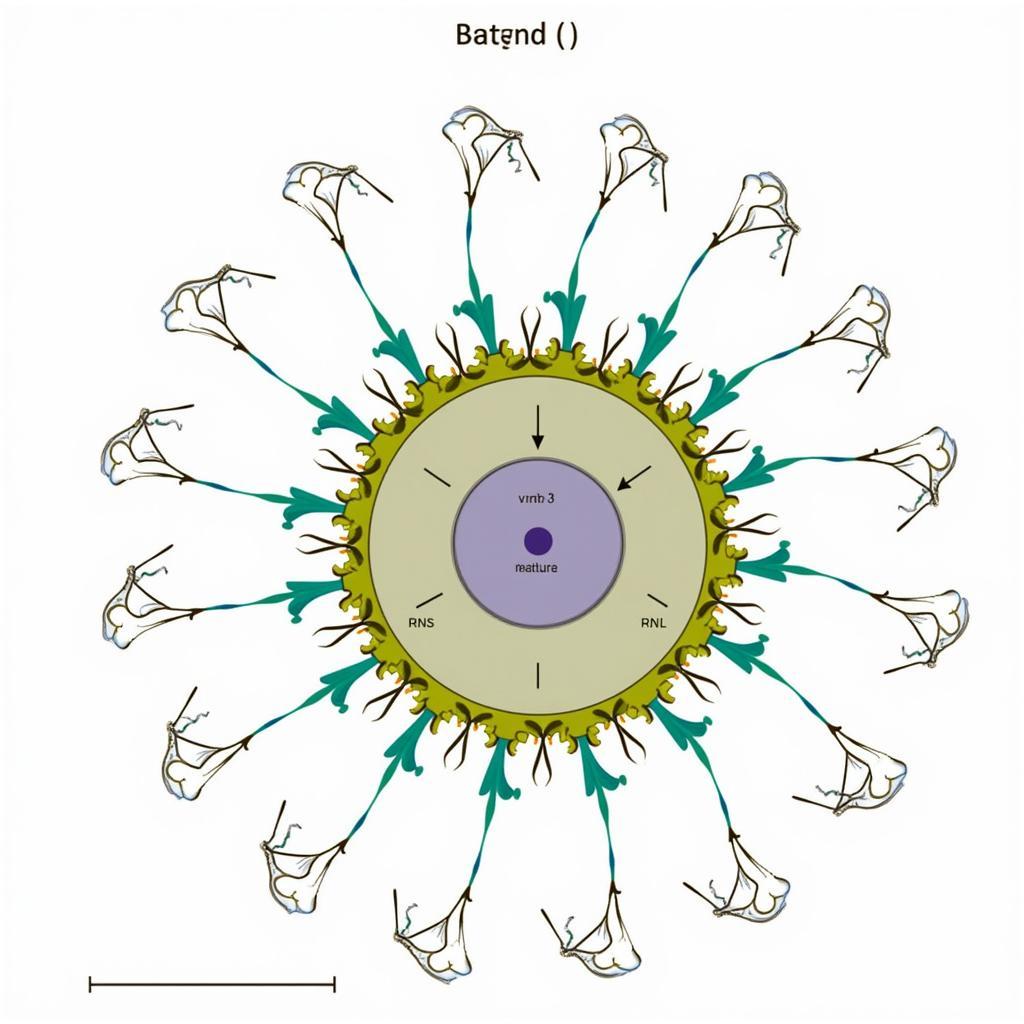Identifying and Avoiding Predatory African Educational Research Journals
The proliferation of predatory journals poses a significant threat to the integrity of academic research, and African educational research is no exception. Understanding how to identify and avoid these “African Educational Research Journal Predatory” publications is crucial for researchers, academics, and students alike. This article provides a comprehensive guide to navigating the complex landscape of academic publishing in Africa and ensuring your work is disseminated through reputable channels.
What are Predatory Journals?
Predatory journals, often labeled as “african educational research journal predatory,” prioritize profit over academic rigor. They typically operate with a lack of transparency, employing aggressive solicitation tactics and offering rapid publication without proper peer review. This can lead to the dissemination of substandard research, potentially damaging the reputation of authors and hindering the progress of African educational research.
Recognizing the Red Flags of Predatory African Educational Research Journals
Several key indicators can help you identify potentially predatory journals. These warning signs include unsolicited email invitations, vague or nonexistent peer-review processes, low publication fees coupled with promises of quick acceptance, and journals listed on Beall’s List (though its use requires careful consideration due to its controversial nature). Additionally, a lack of indexing in reputable databases and a website with poor design or grammatical errors should raise concerns.
The Impact of Predatory Publishing on African Educational Research
The impact of publishing in predatory journals can be far-reaching. It undermines the credibility of African scholarship, perpetuates misinformation, and wastes valuable research resources. For individual researchers, publishing in such journals can damage their reputation and hinder career advancement.
Protecting Your Research: Strategies for Avoiding Predatory Journals
Fortunately, there are steps you can take to avoid falling prey to predatory publishing practices. Thoroughly research the journal’s reputation, checking its indexing in reputable databases and seeking advice from trusted colleagues. Be wary of journals that solicit manuscripts aggressively or promise unrealistically fast publication times. Prioritize open-access journals with established reputations and transparent peer-review processes.
Why is it Important to Publish in Reputable Journals?
Publishing in reputable journals ensures your research reaches a wider audience of peers, contributes meaningfully to the field, and enhances your academic profile. Reputable journals uphold high standards of quality control, ensuring that published research is rigorous, reliable, and contributes to the advancement of knowledge. This is especially vital for “african educational research journal predatory” concerns, where maintaining academic integrity is paramount.
What are some reputable African Educational Research Journals?
Several reputable journals focus on African educational research. Identifying these journals requires careful research and consideration of their indexing, peer-review process, and reputation within the academic community.
How can I check a journal’s reputation?
Consult established databases like Scopus, Web of Science, and ERIC. Look for journals with a clear editorial board, transparent peer-review policies, and a history of publishing high-quality research.
Conclusion
Navigating the world of academic publishing can be challenging, particularly with the rise of predatory journals. By understanding the hallmarks of predatory practices and adopting proactive strategies, African educational researchers can safeguard their work and contribute to a more robust and credible body of scholarship. Choosing reputable publishing avenues is crucial for advancing knowledge and ensuring the integrity of African educational research, counteracting the negative influence of “african educational research journal predatory” entities.
FAQ
- What is the difference between open access and predatory publishing?
- How can I identify a fake impact factor?
- What are the consequences of publishing in a predatory journal?
- Are all open-access journals predatory?
- Where can I find a list of reputable African educational research journals?
- What should I do if I have accidentally published in a predatory journal?
- How can institutions support researchers in avoiding predatory journals?
Need more help? Check out these related articles on our website: “Understanding Open Access Publishing,” “Identifying Reputable Journals,” and “Protecting Your Research from Predatory Practices.”
When you need support, please contact us: Phone Number: +255768904061, Email: [email protected] Or visit us at: Mbarali DC Mawindi, Kangaga, Tanzania. We have a 24/7 customer service team.

